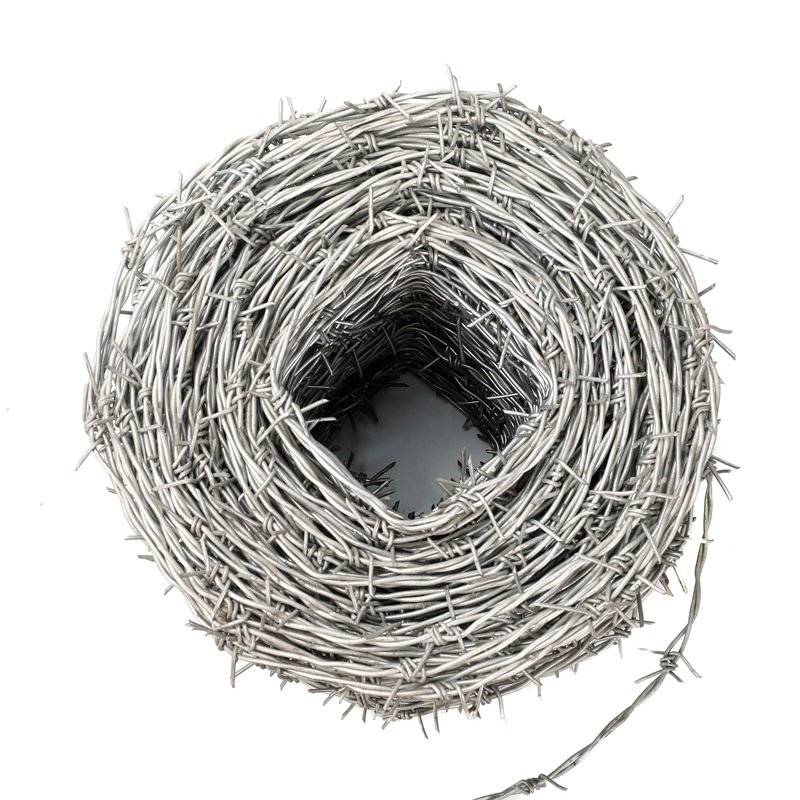Choosing the Right Wire Mesh Screen Material for Your Project
The Versatile World of Wire Mesh Screen Materials
Wire mesh screens are an essential part of various industrial, commercial, and even residential applications. Made from a variety of materials, these screens offer durability, flexibility, and effectiveness in filtering out unwanted particles while allowing air, light, or fluids to pass through. Understanding the different types of wire mesh screen materials and their unique properties can help industries and individuals make informed decisions about their applications.
Types of Wire Mesh Screen Materials
1. Stainless Steel Stainless steel is one of the most popular materials for wire mesh screens. Known for its exceptional strength and resistance to corrosion, stainless steel wire mesh is ideal for applications in harsh environments, such as food processing and pharmaceuticals. The most common stainless steel grades used are 304 and 316. Grade 316 offers enhanced corrosion resistance, making it suitable for marine applications where exposure to saline conditions is a concern.
2. Aluminum Aluminum wire mesh screens are lightweight, making them easy to handle and install. Despite being lighter than steel, aluminum still offers good durability and resistance to corrosion. This material is ideal for applications where reducing weight is essential, such as in aerospace or portable structures. Additionally, aluminum mesh screens can be coated or painted to improve their aesthetic appeal and further enhance their corrosion resistance.
3. PVC Coated Wire Mesh PVC coated wire mesh combines the strength of steel with a protective layer of polyvinyl chloride (PVC). This type of mesh is particularly beneficial in environments where moisture, chemicals, or other corrosive elements may come into contact with the material. The PVC coating not only provides an additional barrier against corrosion but also offers improved flexibility and impact resistance, making it suitable for various outdoor applications such as fencing and garden screens.
4. Fiberglass Fiberglass screens have gained popularity due to their excellent resistance to corrosion and various chemicals. They are often used in residential settings, particularly as insect screens in windows and doors. Fiberglass mesh is lightweight and easy to install, while also being available in various colors and designs to match home aesthetics. However, it is less robust than metal options and may not be suitable for high-stress applications.
wire mesh screen material

5. Bronze and Brass Bronze and brass wire mesh options are often chosen for their unique aesthetic qualities and resistance to corrosion. These materials have a beautiful gold-like appearance that makes them popular choices for decorative screens and architectural features. Although they are more expensive than aluminum and stainless steel, their visual appeal can often justify the cost. Additionally, they naturally develop a patina over time, adding character to the installation.
Applications of Wire Mesh Screens
Wire mesh screens have a diverse range of applications that span multiple industries. In the construction sector, they are used for reinforcement and protection solutions. In manufacturing, they play crucial roles in filtering operations, whether for the food industry, where they ensure the quality of ingredients, or in the chemical industry for separation processes.
In agriculture, wire mesh screens can be employed for ventilation systems, helping to create optimal growing conditions by controlling humidity and air circulation. Additionally, in residential settings, they serve as security features and insect screens, making homes more comfortable without compromising safety.
Conclusion
The choice of wire mesh screen material can significantly influence the effectiveness and longevity of an application. By understanding the properties of various materials—such as stainless steel, aluminum, PVC coated wire mesh, fiberglass, and bronze or brass—users can select the best option tailored to their needs. Whether it's for industrial usage or residential comfort, wire mesh screens offer incredible versatility and functionality in a wide array of settings. As technology progresses, new materials and manufacturing techniques will continue to enhance the performance and adaptability of wire mesh screens, ensuring they remain a critical component in countless applications for years to come.
-
Space-Saving Chain Fence Hacks Vertical Gardening with Cyclone MeshNewsJul.16,2025
-
Innovations in Iron Nail Wire Production for Modern ConstructionNewsJul.16,2025
-
Creative Uses of Wire Netting Fence in Modern Landscape DesignNewsJul.16,2025
-
Barbed Wire Fence Innovations in Anti-Climb TechnologyNewsJul.16,2025
-
Architectural Uses of Umbrella Nails for Aesthetic Roof DesignsNewsJul.16,2025
-
Architectural Uses of Razor Barbed Wire in Secure Urban DesignNewsJul.16,2025




